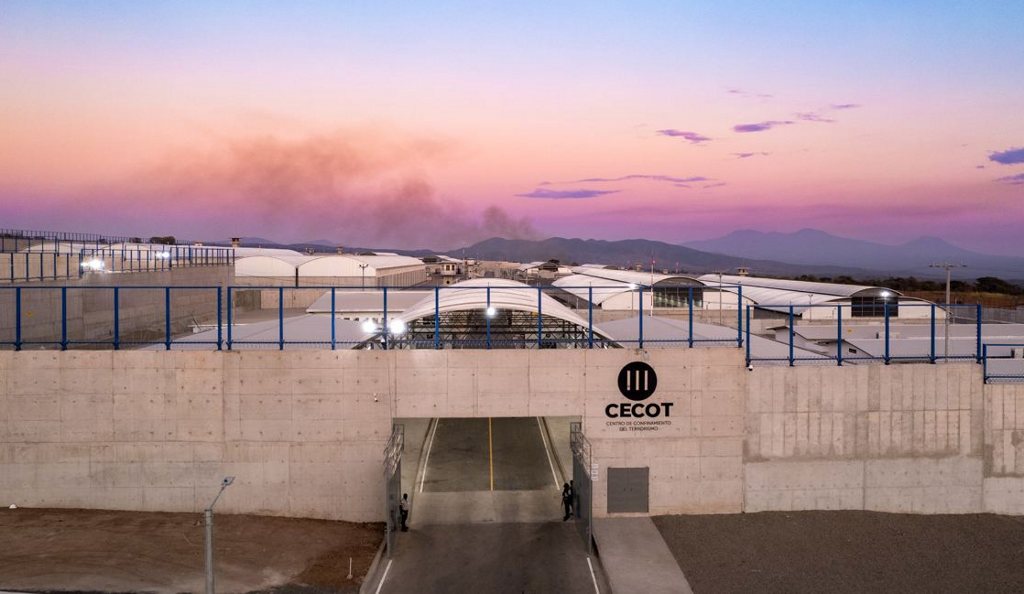QCOSTARICA — In a decisive step towards the implementation of exceptional work days, the Legal Affairs Committee of the Legislative Assembly gave a positive opinion on the bill known as 4×3 work days.
This initiative proposes 12-hour daytime work days for four days with three days off, as well as 12-hour night shifts for three days with four days off, under qualified conditions:
Which sectors?
– Advertisement –
- Essential and strictly required workers in continuous and uninterrupted 24-hour processes in high-tech manufacturing.
- Medical implements industry in human and animal life sciences, support services and operation of corporate services to be carried out in different geographic time zones.
Who is not eligible?
- Workers who perform heavy, dangerous or unhealthy work.
- When exposure times and environmental risks are harmful or a risk to people’s health is identified.
- When the work requires extraordinary physical effort, fatigue due to temperature, humidity or continuous operation of machinery or vehicles.
- When the work requires people to have their feet and hands in water, mud or dirt.
- Minors, pregnant women and those breastfeeding.
Salaries and overtime
- All hiring of workers under this modality must be paid with at least the minimum wage plus 17% in the case of daytime or mixed shifts.
- In the case of night shifts, the minimum wage plus 25.5% will be paid.
Breaks and meals
- Workers will have the right to 90 minutes of breaks, recreation and meals.
- This time will be considered as effective working time.
How to apply?
- Employers must make the request to the Ministry of Labor, who will authorize them if they can apply this schedule. They must justify it through a technical study.
- Employers must keep a record of the people to whom this schedule applies and be available to the National Directorate of Labor Inspection.
The project obtained the support of five legislators: María Marta Carballo, from the Partido Unidad Social Cristiana (PUSC); Johana Obando, from the Partido Liberal Progresista (PLP); Jorge Rojas and Daniel Vargas, from the Partido Progreso Social Democrático (PPSD); and David Segura, from the Partido Nueva República (PNR). In contrast, three votes against came from Alejandra Larios and Danny Vargas, from the Partido Liberación Nacional (PLN), and Rocío Alfaro, from the Frente Amplio (FA).
Fast track
– Advertisement –
In a press release, the government announced its full support for the plan.
“It is a matter of responsibility to our country and to the workers. This law is urgent so that the country remains attractive for the generation of sources of employment (attracting and retaining) in multiple sectors, many of them in free trade zones. It is vital to bring employment to provinces outside the GAM and to provide legal security to those that already operate in the country.
“The approval of this bill is so urgent that from the Executive Branch, we are going to promote the application of an abbreviated procedure in its processing in the plenary session so that it can be approved this year,” said the Minister of the Presidency, Laura Fernández.
To achieve the fast track in the Legislative Plenary, the Government will seek the support of 38 legislators and with this, achieve the approval of the project that will allow the country to have better conditions to generate well-paid jobs and give legal security to companies to maintain and expand their operations, will encourage investment and strengthen the country’s competitiveness, as well as give greater flexibility of schedules to workers so they can spend more time with their families, dedicate it to study or to personal projects such as entrepreneurship.
– Advertisement –
The business sector, represented by the Costa Rican Union of Chambers and Associations of the Private Business Sector (UCCAEP), urged legislators to speed up the discussion and approval of the bill.
According to UCCAEP, this reform is key to modernizing the Labor Code, and adapting it to the current needs of workers and companies. They also point out that the measure could strengthen the country’s competitiveness, attract foreign direct investment, and generate quality jobs for Costa Ricans.
The favorable ruling marks the beginning of the final phase of discussion in the legislative plenary, where the fate of this controversial proposal will be decided.
Meanwhile, labor and business sectors continue to debate its implications for the country’s economy and working conditions.
– Advertisement –
Source link
Rico



